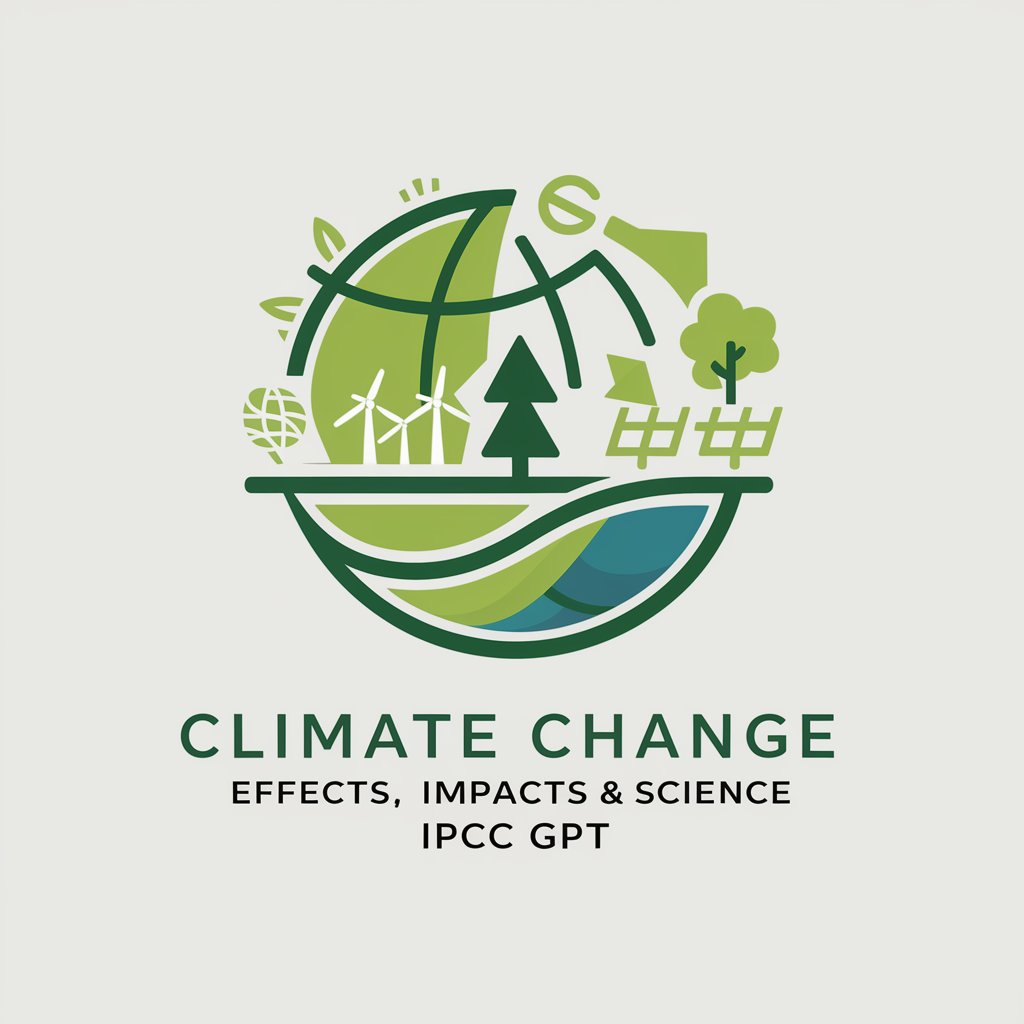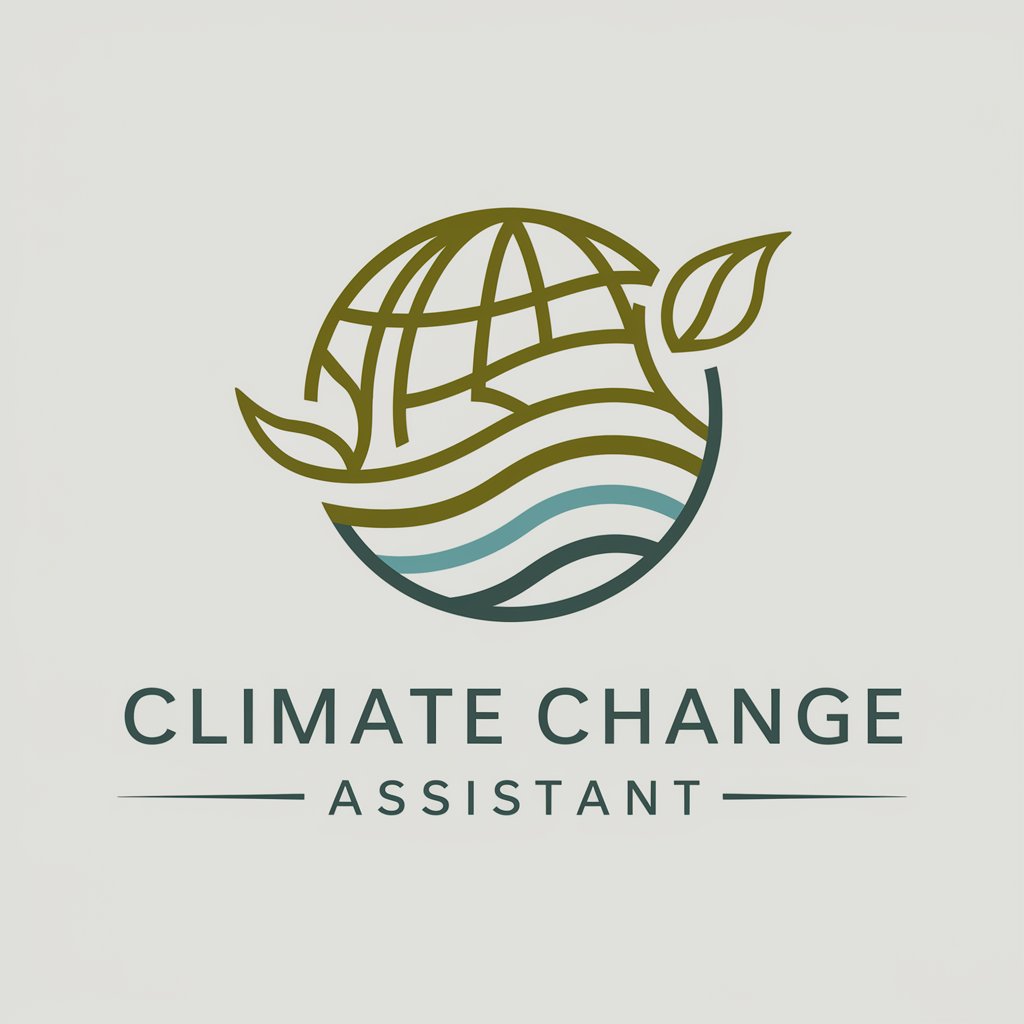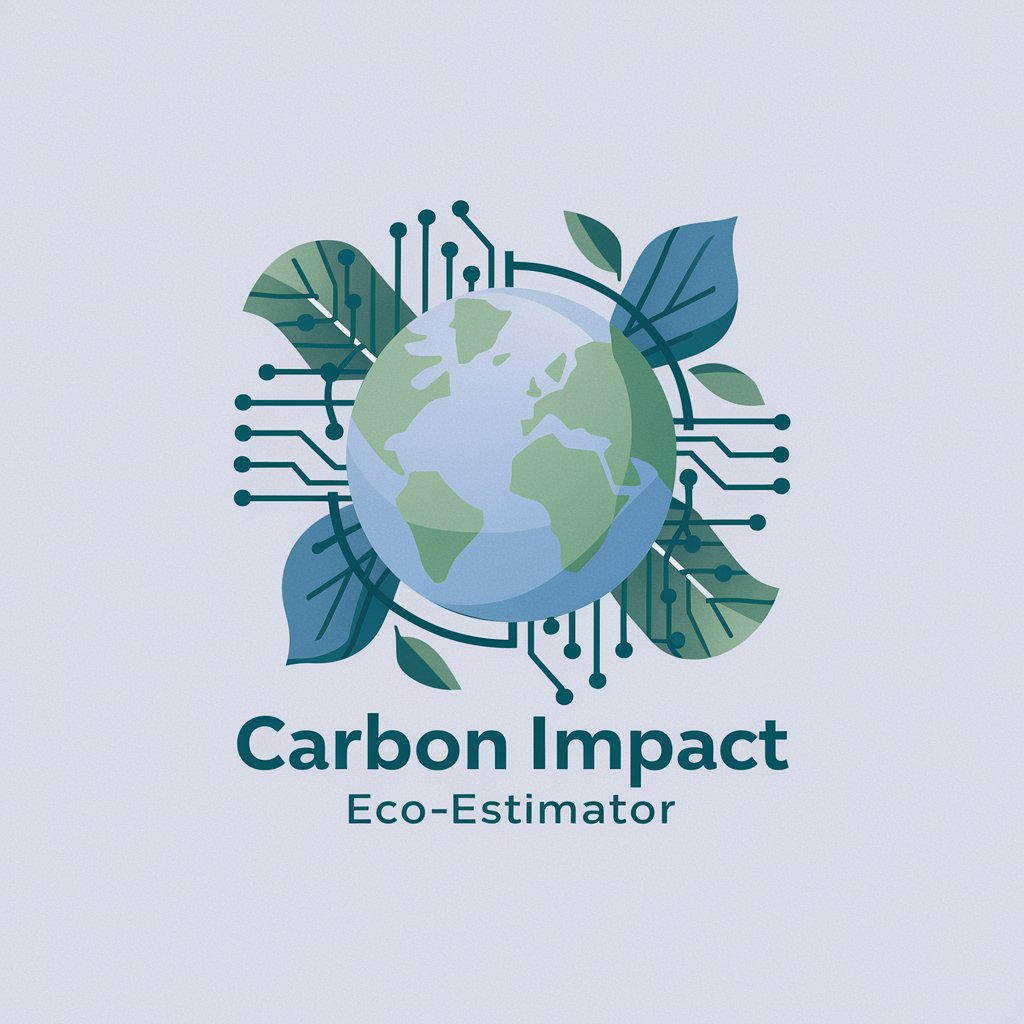
Climate Change Impact Assessor - Climate Impact Analysis
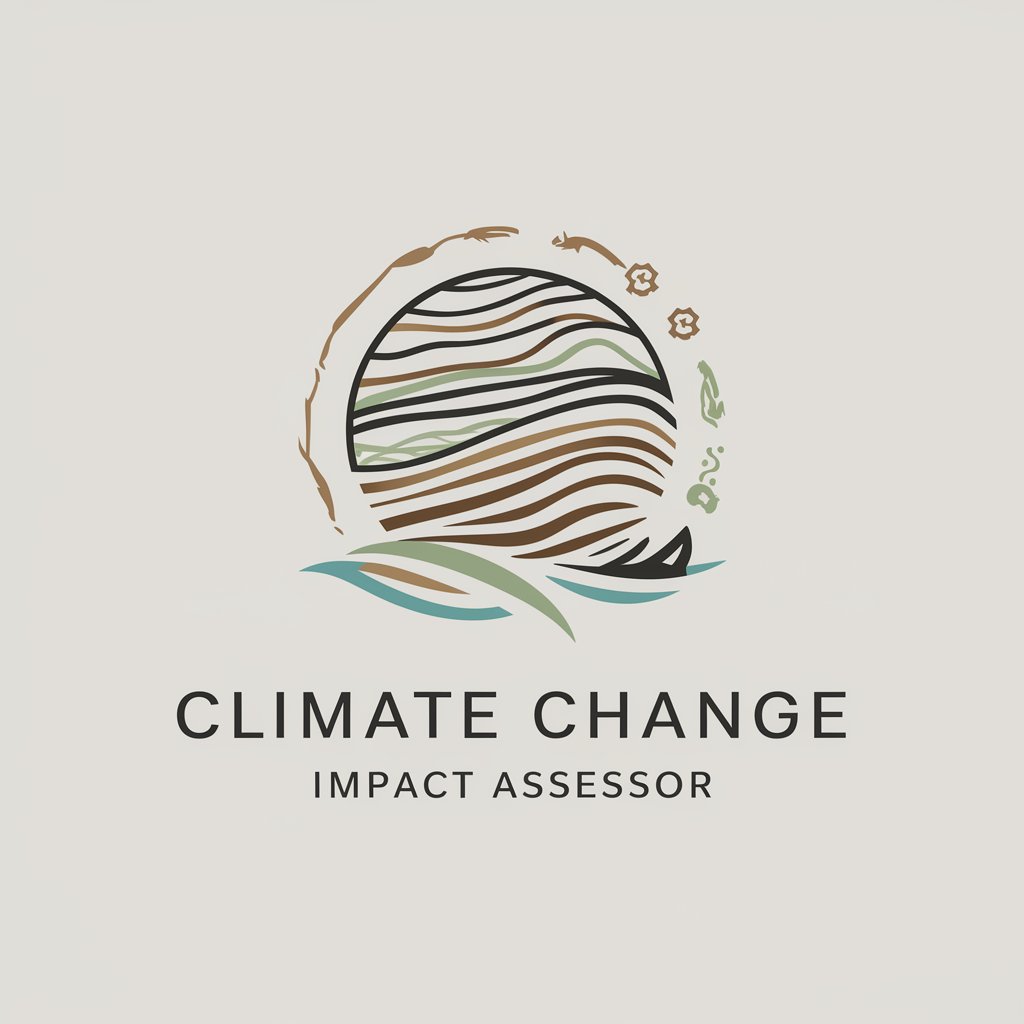
Welcome! Let's explore the geological impacts of climate change together.
AI-powered Geological Climate Insights
Explain the geological impact of rising sea levels on coastal regions.
Describe how climate change affects sedimentation patterns in river deltas.
Analyze the long-term effects of coastal erosion due to climate change.
Discuss the interplay between climate change and geological processes.
Get Embed Code
Introduction to Climate Change Impact Assessor
Climate Change Impact Assessor is a specialized AI tool designed to evaluate and provide insights on the geological and environmental impacts of climate change. Its core functions revolve around assessing rising sea levels, coastal erosion, changes in sedimentation patterns, and other geological phenomena influenced by climate change. Utilizing scientific data and research, this tool aims to offer predictions and analyses based on established evidence, steering clear of political discourse and focusing solely on scientific facts. For instance, it can analyze regional climate models to predict coastal erosion in a specific area over the next decade, incorporating data such as sea-level rise, storm frequency, and human activity. Powered by ChatGPT-4o。

Main Functions of Climate Change Impact Assessor
Analysis of Rising Sea Levels
Example
Predicting changes in sea levels and their impacts on coastal communities, infrastructure, and ecosystems.
Scenario
Providing city planners with predictions of sea-level rise to inform the development of coastal defenses and urban planning.
Assessment of Coastal Erosion
Example
Evaluating the rate of coastal erosion in response to increased storm activity and sea-level rise.
Scenario
Assisting coastal managers in identifying vulnerable areas and implementing erosion mitigation strategies.
Evaluation of Changes in Sedimentation Patterns
Example
Analyzing how climate change affects sediment transport and deposition, impacting river deltas and coastal landscapes.
Scenario
Supporting environmental scientists in understanding sediment budget changes to preserve habitats and manage resources effectively.
Ideal Users of Climate Change Impact Assessor Services
Environmental Scientists and Researchers
Professionals in environmental science and research can leverage the tool's data-driven insights for academic studies, environmental impact assessments, and developing sustainable management strategies.
Urban and Coastal Planners
Planners benefit from predictions on sea-level rise and coastal erosion, enabling them to design resilient infrastructure and urban areas that can withstand future climate conditions.
Policy Makers and Environmental Advocates
This group uses the tool to inform policy decisions and advocacy strategies, ensuring they are based on solid scientific evidence regarding climate change impacts.

How to Use the Climate Change Impact Assessor
1
Start by visiting yeschat.ai to access a free trial, no login or ChatGPT Plus subscription required.
2
Enter your specific query related to the geological impacts of climate change, such as inquiries about rising sea levels, coastal erosion, or sedimentation patterns.
3
Specify the context or region of interest if you have one, as the impact of climate change can vary significantly by geographic area.
4
Review the generated assessment, which includes scientific data, predictions, and analysis relevant to your query.
5
Use the provided information for educational purposes, research, policy development, or in presentations to raise awareness about the geological impacts of climate change.
Try other advanced and practical GPTs
UAP Geological AnalystAI
Unveiling Earth's Secrets with AI
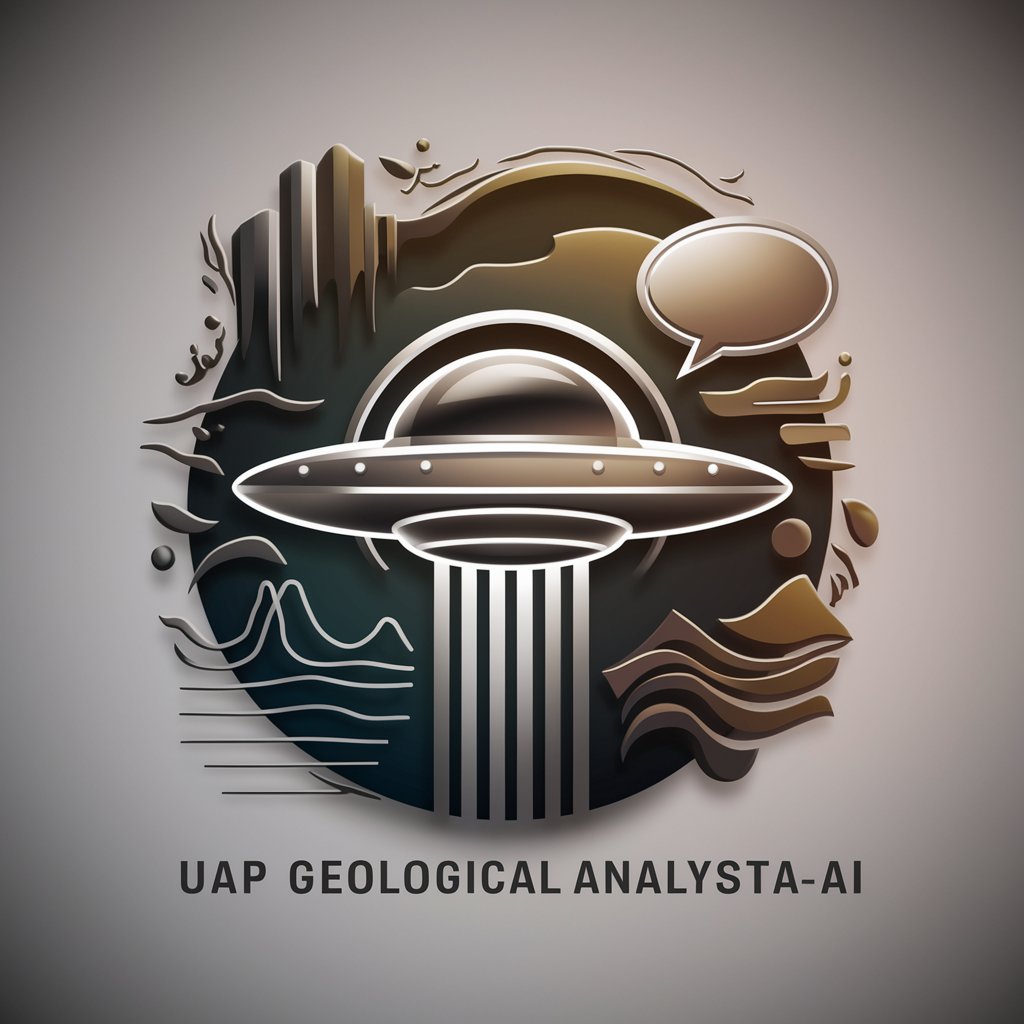
Voldy de Vacatureschrijver
Craft compelling job listings with AI.

Vacation Rental Marketing Pro
Revolutionizing Vacation Rental Marketing with AI

Vacation Rental Pro
Empowering Airbnb Hosts with AI

Vacation Rental Listing Creator
Empower Your Rental with AI

Boulder Buddy
Elevate Your Climb with AI

A Virtual Oil Exploration Advisor
Navigate Oil Exploration with AI Expertise

Automated Geological Report Generator
Streamlining Geological Insights with AI
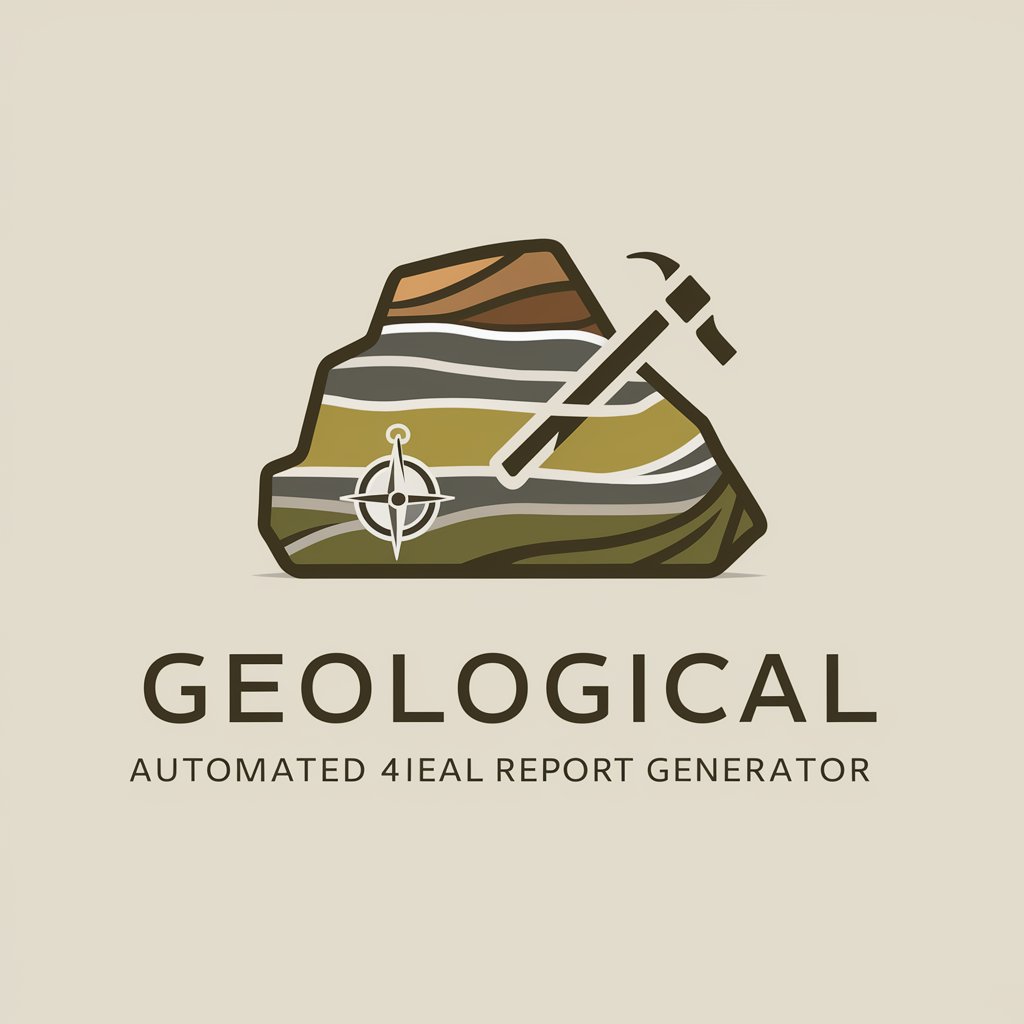
Geological Data Annotation Assistant
Unearth Insights with AI-Powered Geology
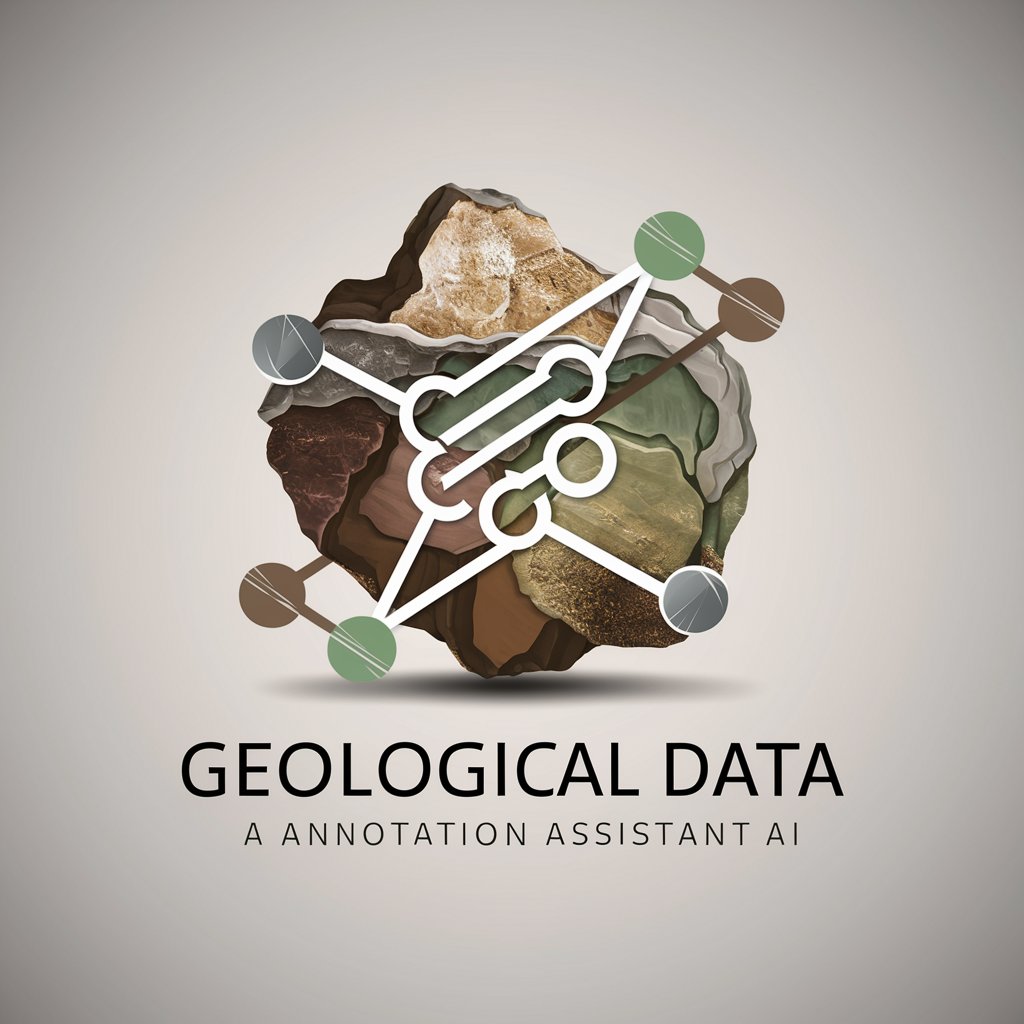
Streamer Navigator (H)
Discover Hulu's Best, Powered by AI

Bad Advice Bot
Humorously wrong advice, AI-powered.

Misguide
Mislead artfully, enlighten accidentally.

Frequently Asked Questions About the Climate Change Impact Assessor
What kinds of data does the Climate Change Impact Assessor use?
The assessor utilizes a wide range of scientific data, including historical climate records, current climate models, and research studies on geological changes due to climate shifts.
Can the Climate Change Impact Assessor predict future sea levels?
Yes, it integrates data from climate models and sea level studies to provide predictions on future sea levels, accounting for variables like temperature rise and ice melt rates.
How can educators use this tool?
Educators can leverage this tool to create engaging and informative content for students about the real-world impacts of climate change on our planet’s geology.
Is this tool useful for policymakers?
Absolutely. Policymakers can use the assessments to understand the potential impacts of climate change on specific regions, helping to inform decisions on climate adaptation and mitigation strategies.
How accurate are the predictions made by the tool?
While the tool uses the latest models and data for its assessments, predictions are subject to uncertainties inherent in climate modeling and geological forecasting. It provides the best possible estimates based on current knowledge.
